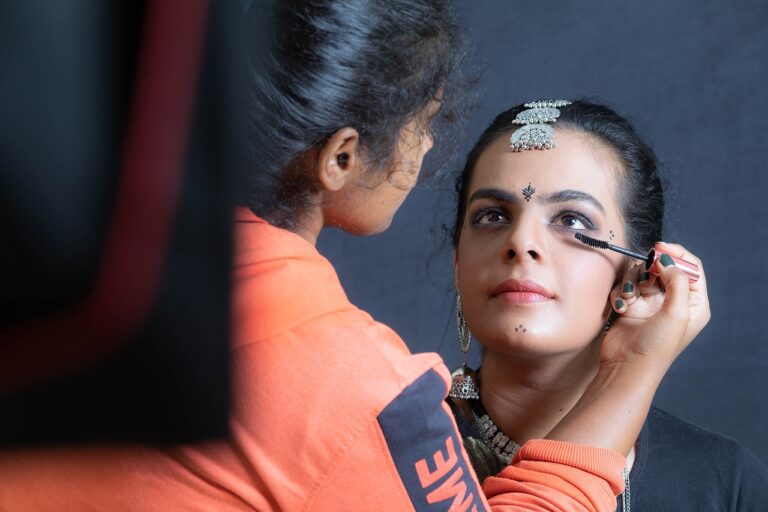Voter ID Verification: Examining Legal Challenges: 99exch, Laser247 club, World777 contact number
99exch, laser247 club, world777 contact number: Voter ID Verification: Examining Legal Challenges
In recent years, voter ID verification laws have become a hotly debated topic in the United States. Proponents argue that these laws help prevent voter fraud and protect the integrity of the electoral process. On the other hand, opponents claim that voter ID laws disproportionately disenfranchise certain groups of voters, such as minorities and low-income individuals. This article will delve into the legal challenges surrounding voter ID verification and explore the arguments on both sides of the debate.
The Controversy Surrounding Voter ID Laws
Voter ID laws vary from state to state, but they generally require voters to present some form of identification before casting their ballots. Proponents argue that these laws are necessary to prevent voter fraud and ensure the integrity of the electoral process. They claim that requiring voters to show ID helps prevent individuals from voting multiple times or impersonating someone else at the polls.
On the other hand, opponents of voter ID laws argue that they disenfranchise certain groups of voters, particularly minorities, low-income individuals, and the elderly, who are less likely to have access to a valid form of identification. They claim that voter ID laws suppress voter turnout among these groups and disproportionately impact marginalized communities.
Legal Challenges to Voter ID Laws
Several legal challenges have been brought against voter ID laws in various states across the country. Critics argue that these laws violate the Voting Rights Act of 1965, which prohibits any voting practice that discriminates against minority voters. They also claim that voter ID laws impose an undue burden on certain groups of voters, in violation of the Fourteenth Amendment’s Equal Protection Clause.
Courts have issued conflicting rulings on voter ID laws, with some upholding them as constitutional and others striking them down as discriminatory. The Supreme Court has yet to issue a definitive ruling on the constitutionality of voter ID laws, leaving the legal landscape in flux.
Proponents of voter ID laws argue that they are necessary to protect the integrity of the electoral process and prevent voter fraud. They point to cases of voter impersonation and other forms of fraud as evidence of the need for strict identification requirements at the polls.
Opponents, on the other hand, argue that voter ID laws are a solution in search of a problem and that voter fraud is extremely rare in the United States. They claim that these laws are a thinly veiled attempt to suppress minority turnout and disenfranchise marginalized communities.
In conclusion, the debate over voter ID laws is far from settled, with legal challenges continuing to play out in courts across the country. While proponents argue that these laws are necessary to protect the integrity of the electoral process, opponents claim that they disenfranchise certain groups of voters. As the legal landscape evolves, it is essential to consider the potential impact of voter ID laws on the democratic process and ensure that all eligible voters have equal access to the ballot box.
FAQs
Q: Are voter ID laws effective at preventing voter fraud?
A: The effectiveness of voter ID laws at preventing voter fraud is a subject of debate. While proponents argue that these laws are necessary to prevent fraud, opponents claim that voter fraud is extremely rare in the United States.
Q: Do voter ID laws disproportionately impact certain groups of voters?
A: Critics of voter ID laws argue that these laws disproportionately disenfranchise minorities, low-income individuals, and the elderly, who are less likely to have access to valid forms of identification.
Q: What legal challenges have been brought against voter ID laws?
A: Legal challenges to voter ID laws have centered around claims of discrimination and violations of the Voting Rights Act and the Equal Protection Clause of the Fourteenth Amendment.
Q: How has the Supreme Court ruled on the constitutionality of voter ID laws?
A: The Supreme Court has yet to issue a definitive ruling on the constitutionality of voter ID laws, leaving the legal landscape in flux and subject to ongoing legal challenges.







